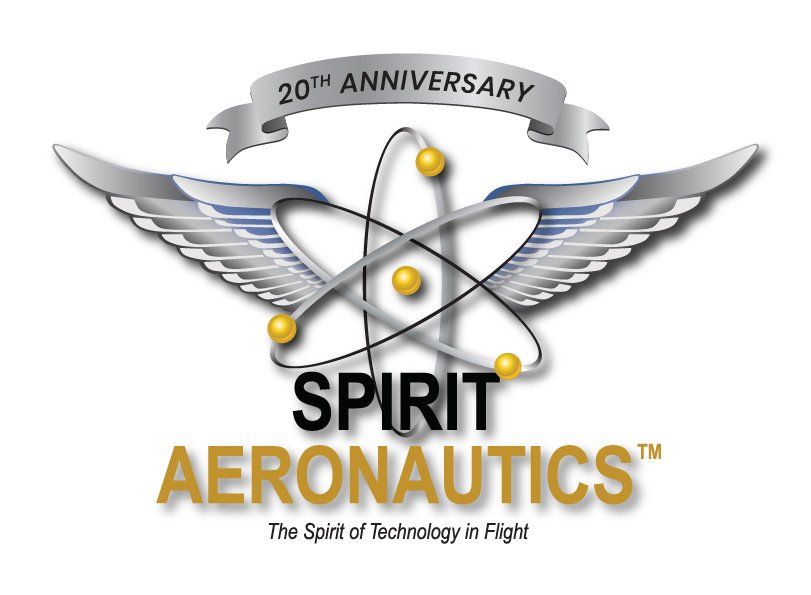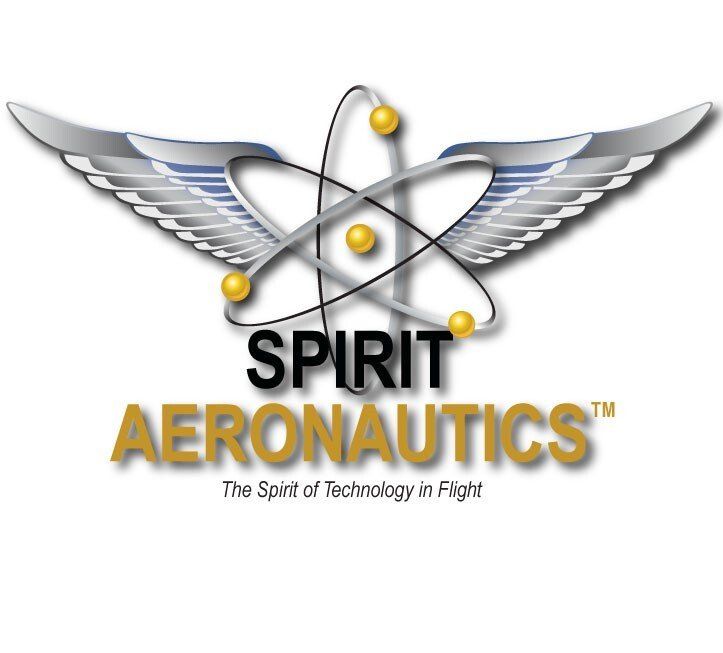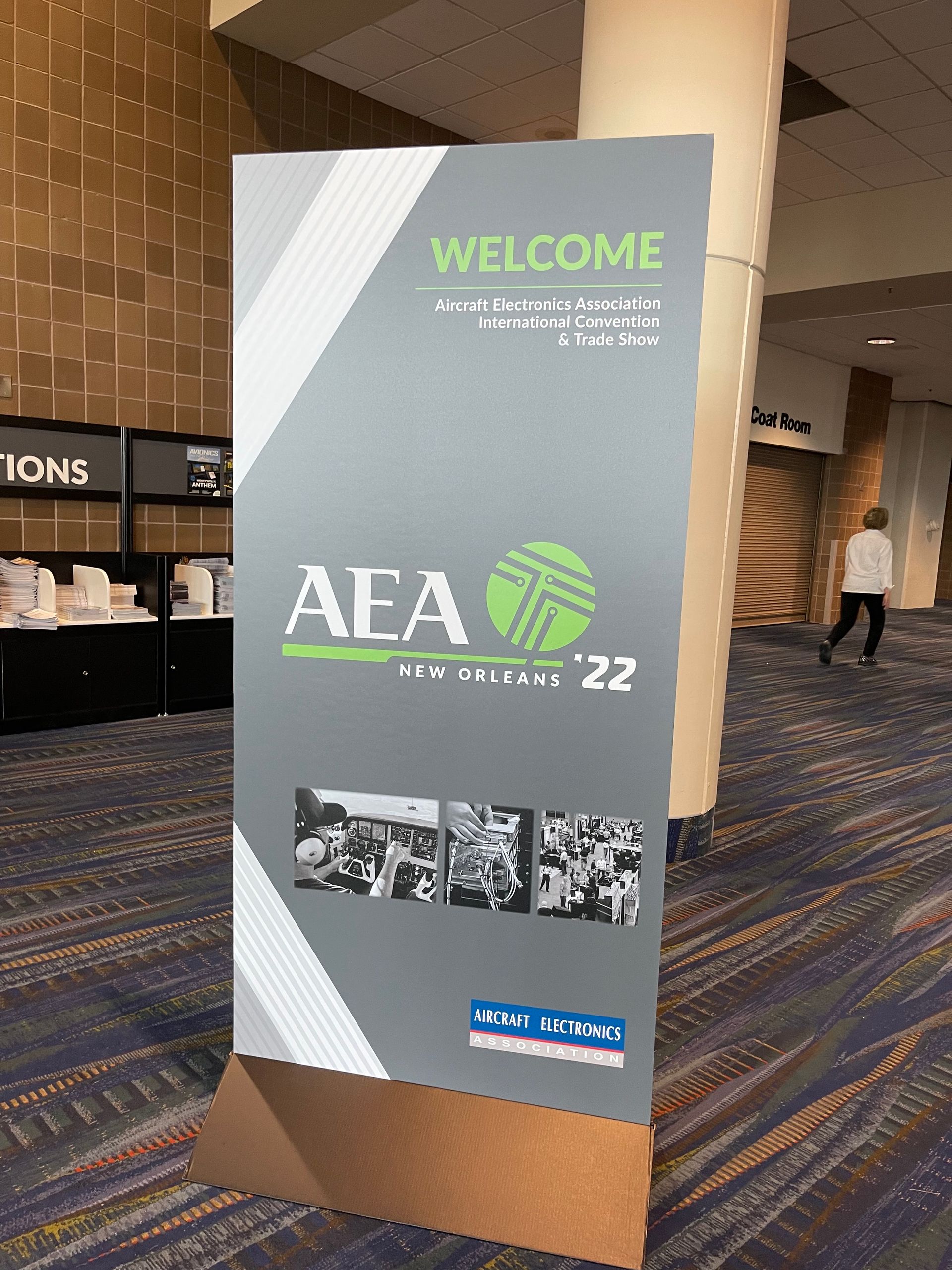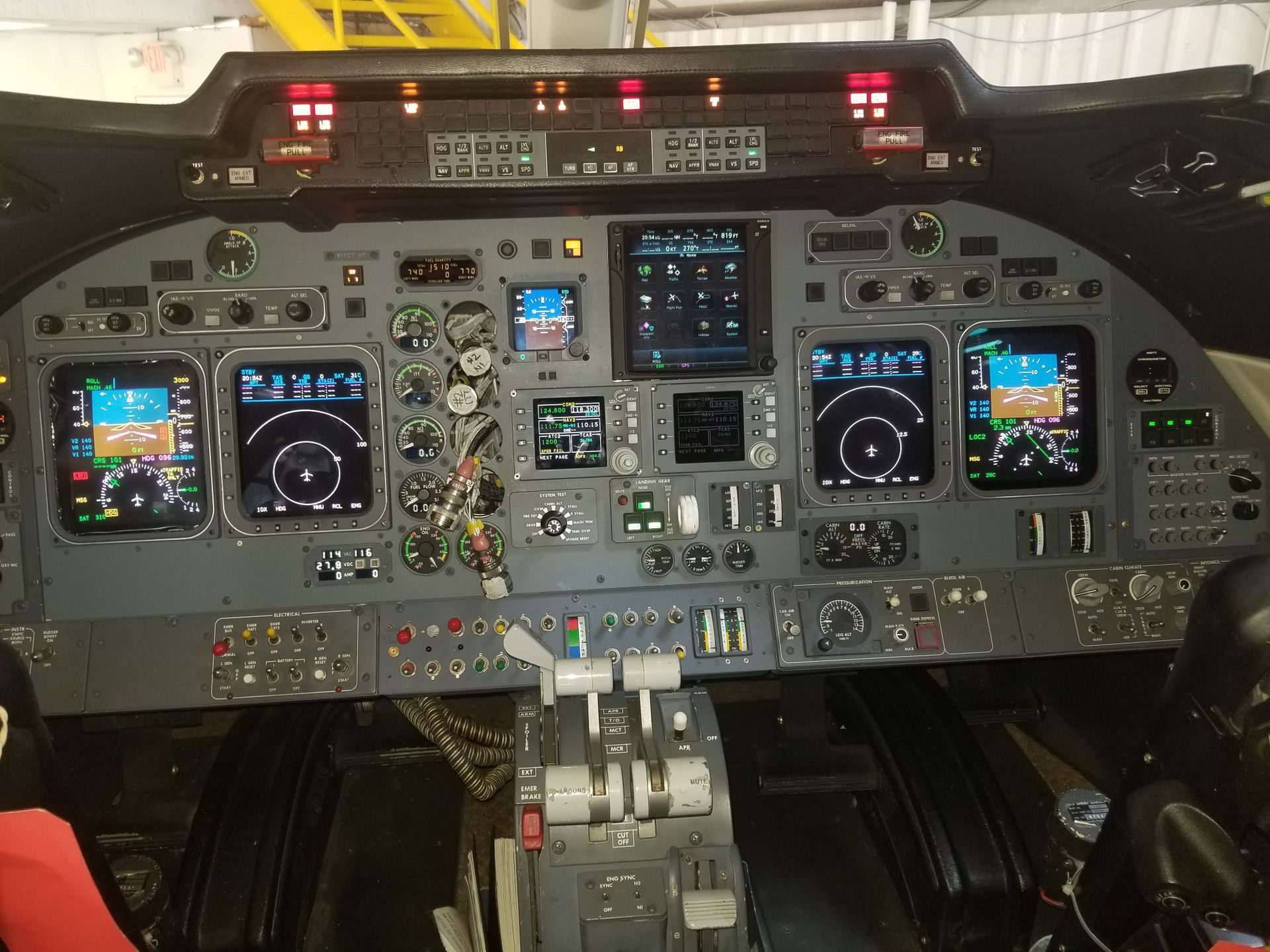Spirit Aeronautics Thrives On Happy Customers
Personalized Service & Solutions Tailored To Your Needs
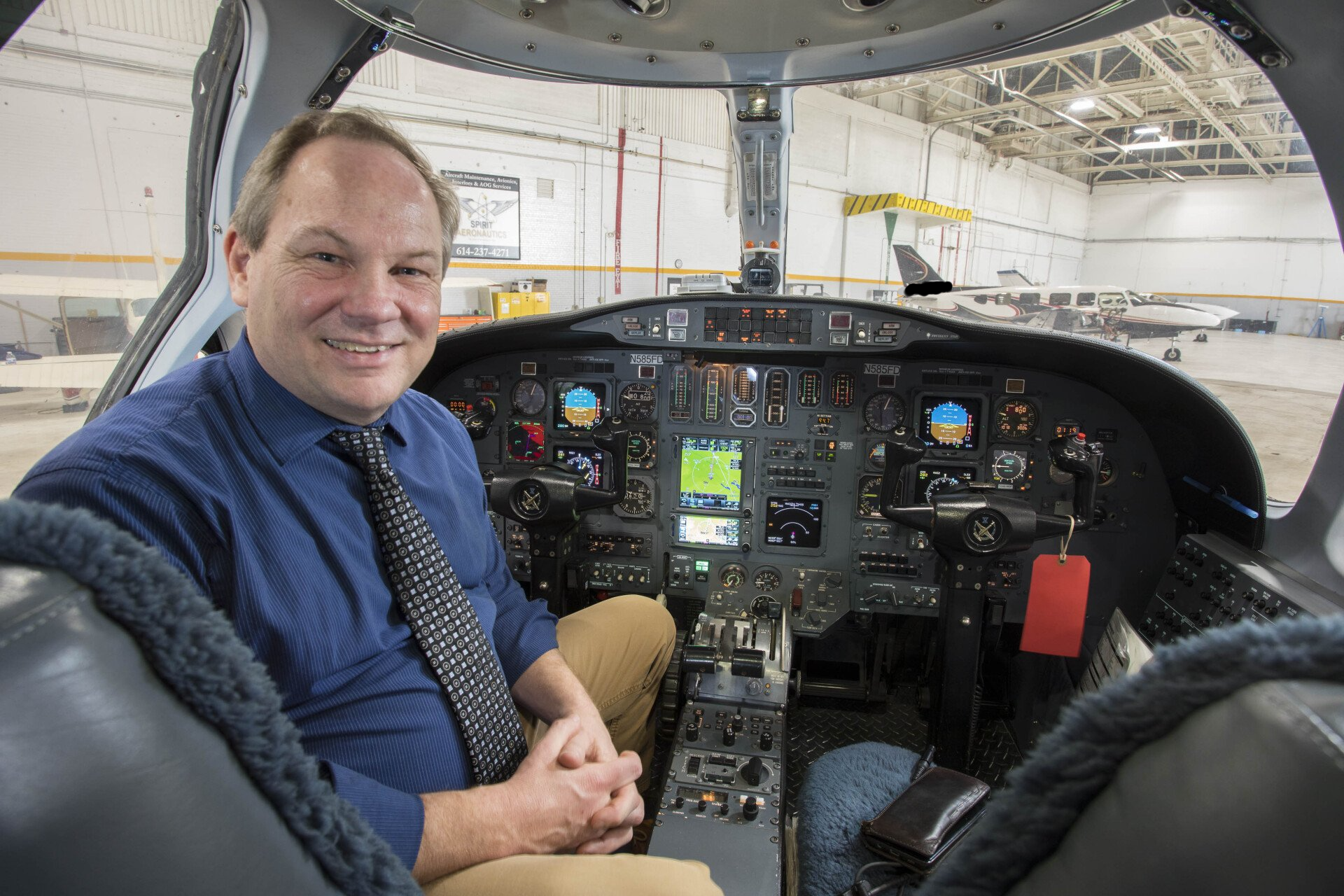
The way Rick Ochs sees it, there are lots of advantages to being a relatively small avionics company serving business aircraft owners and operators. For starters, there’s the ability of his company—Spirit Aeronautics—to provide customers with personalized services and solutions tailored to their needs. “Every customer is unique,” said Ochs, Spirit’s President and CEO. “As a small, close-knit team of about 30 people, we take the time to learn about our customers and advise them on the best options for their particular aircraft, mission and operating style. We’re not happy until the customer is happy.”
With operations in Columbus, Ohio, and Ft. Worth, Texas, Spirit Aeronautics prides itself on going above and beyond for customers, which include NASA, the military, other government agencies and corporate flight departments. “If I had to choose a word to describe us, it would be ‘responsive,’” Ochs said. “Our customers know that we’re always there for them and they have a direct line to anyone in the company, including me.” That kind of dedication—backed by superior performance—explains why Spirit Aeronautics has been a Honeywell Aerospace preferred channel partner for more than two decades.
“Honeywell Has Been A Tremendous Partner For Us And We’ve Had Enormous Success Over The Years Working Together On All Kinds Of Programs,” Ochs Said. “After 20-Plus Years, We Know How Honeywell Works And We Know The Right People To Call To Expedite Solutions For Our Customers.”
For example, Spirit Aeronautics is a major handler of Honeywell rotables, providing factory spares and replacement parts to all kinds of operators. The company is also a leading advocate for the Honeywell Maintenance Service Plan (MSP) – Avionics, business aviation’s premier aftermarket services solution. “MSP-Avionics is great solution for our customers, because it helps them control maintenance, repair and overhaul spending and avoid costly aircraft on the ground situations,” Ochs said. The Spirit Aeronautics team is currently helping customers upgrade to Honeywell’s most advanced weather radar, the IntuVue RDR-7000, which was developed to meet the needs of business aviation.
“The RDR-7000 Is The Logical Replacement For The Honeywell Primus 880, 660 And 440 Radars,” Ochs Said. “Honeywell Has Discontinued Production And Will End Its Support Of These Obsolete Systems In 2024. We’re Advising Our Customers Not To Wait Until The Last Minute And To Take Advantage Of The Deep Discounts Before The End Of The Year. They Should Plan And Budget For The Upgrade Now So They Won’t Be Caught Short If Something Happens To Their Primus Radar.”
The RDR-7000 outperforms legacy weather radars, literally by miles. Conventional weather radars scan only a portion of the sky. But the RDR-7000 scans the entire volume of air in front of the aircraft from the ground to 60,000 feet and up to 320 nautical miles along and adjacent to the flight path. Honeywell engineers developed a technique called 3-D volumetric scanning to analyze storm clouds and search for conditions that might produce lightning, hail, turbulence or wind shear. Then it displays those conditions with easy-to-understand symbology—like small lightning bolts—so pilots can clearly see what kinds of conditions they’re facing.
Honeywell is currently offering incentives, discounts and trade-in allowances on the RDR-7000 radar. These include a $65,000 trade-in credit, as well as an MSP-Avionics discount of $30,000 for operators signing a new three-year contract. Additional incentives are available to operators upgrading multiple aircraft to the RDR-7000.
“The RDR-7000 Is Hands-Down The World’s Best Radar,” Ochs Said. “Plus, It’s A Drop-In Replacement For Our Customers’ Current Primus Systems. Right Now, We Can Perform The Upgrade In Less Than A Week.”
BLOGS
The Impact of Using FAA STC's for ADS-B
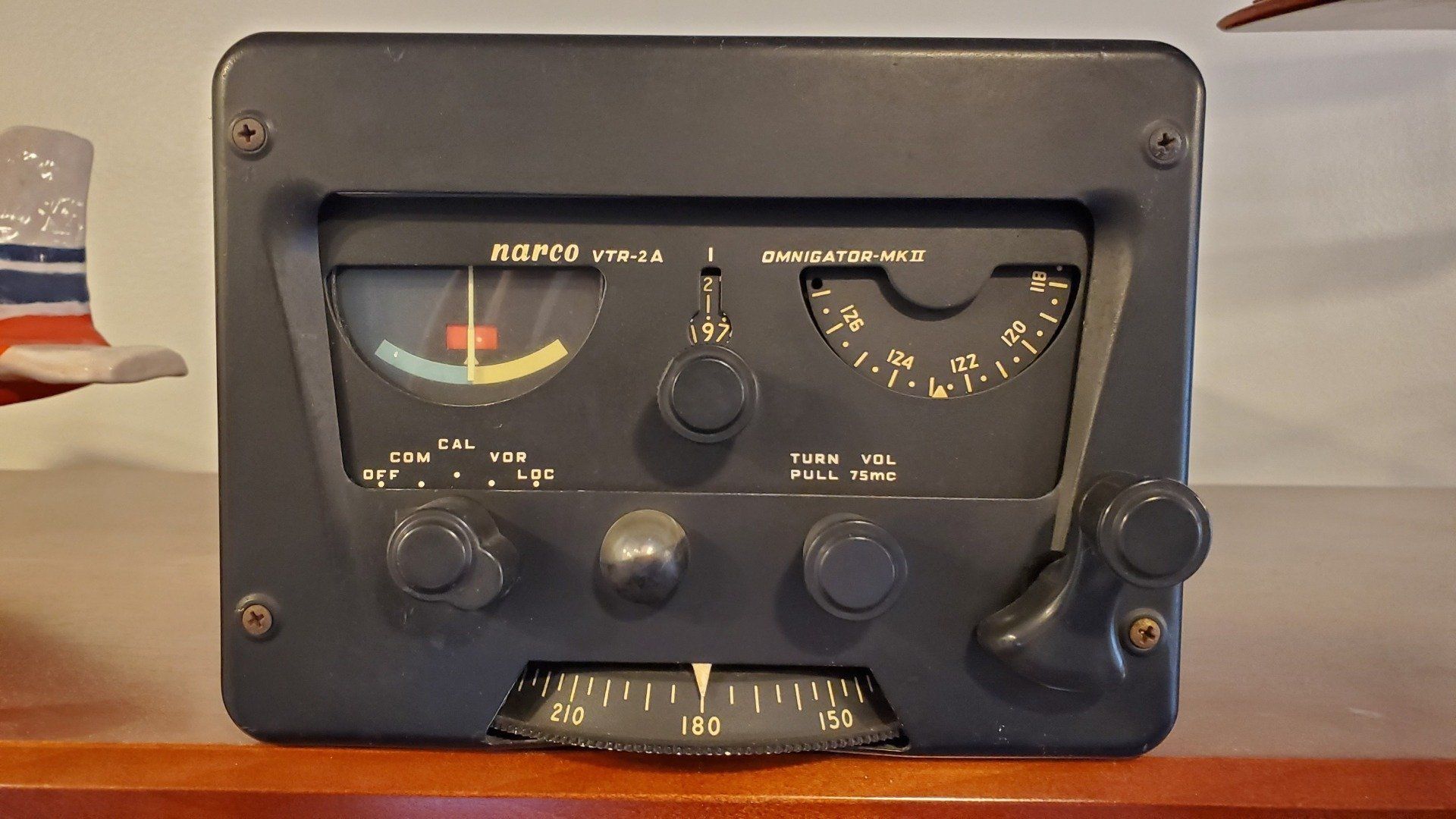
The Spirit of Technology In Flight
We are available 24/7 via email or telephone
Corporate Headquarters
Call
All Rights Reserved | Power Aviation Strategies
